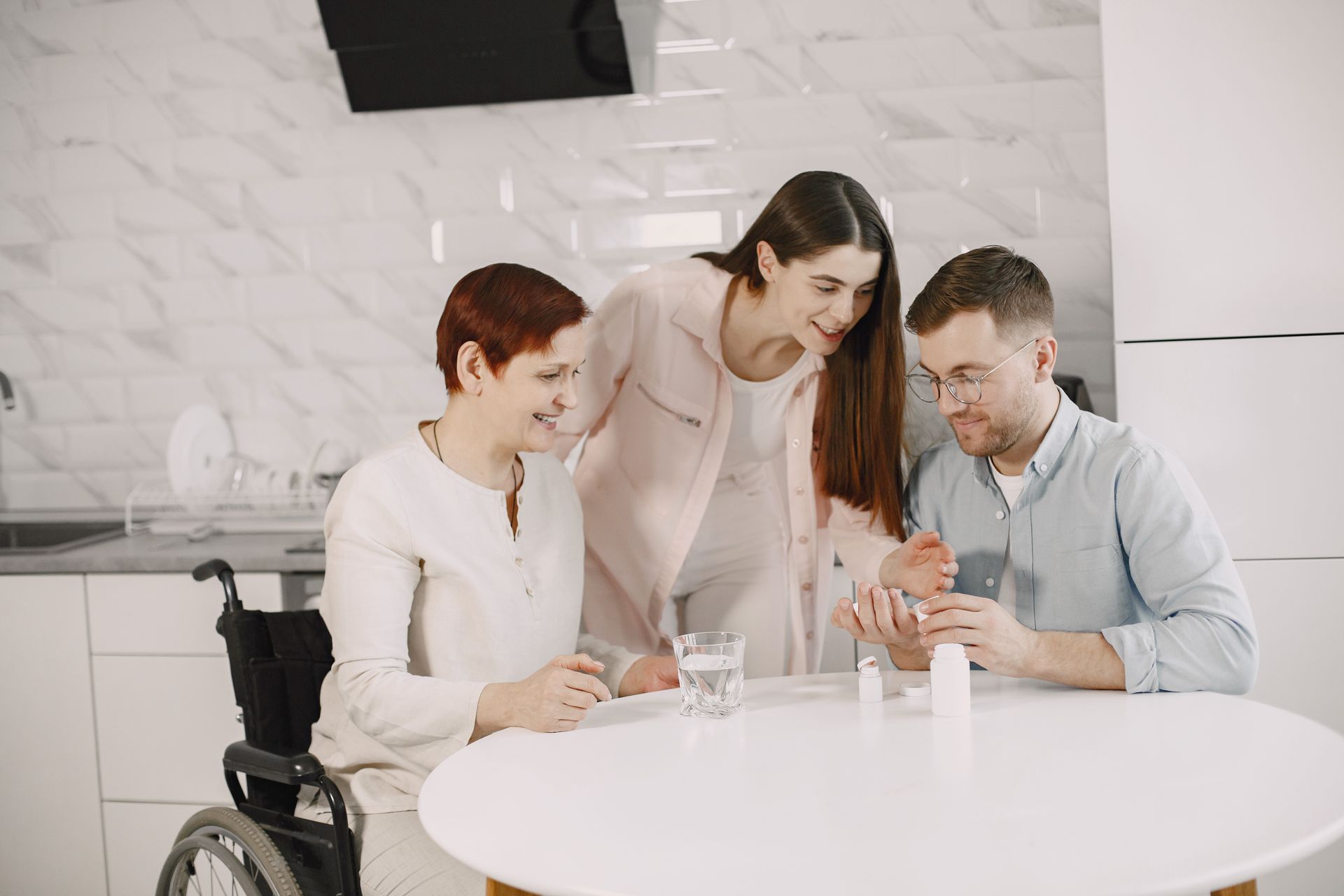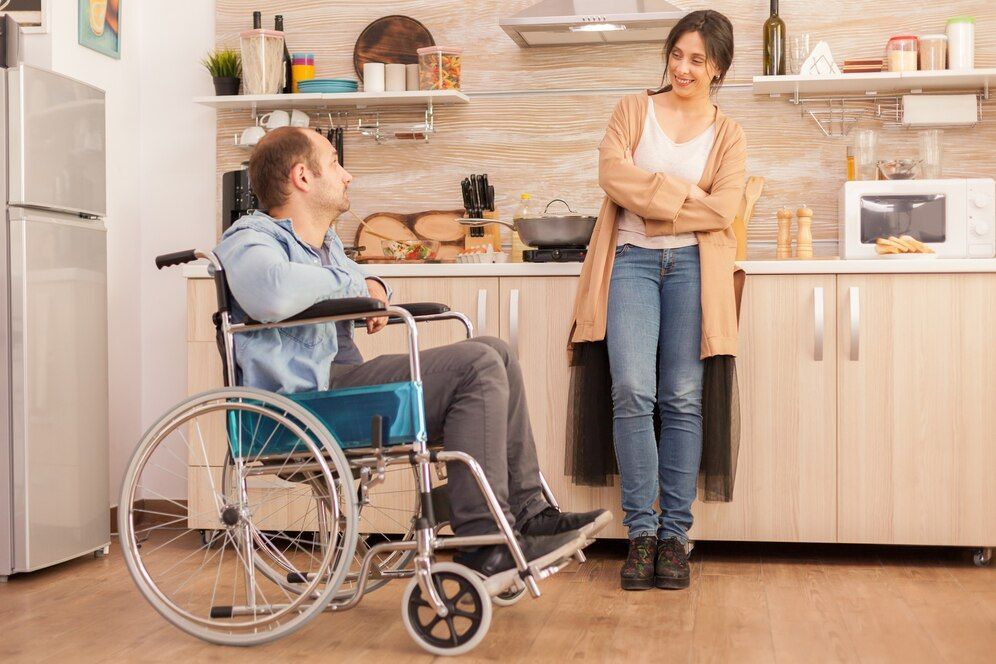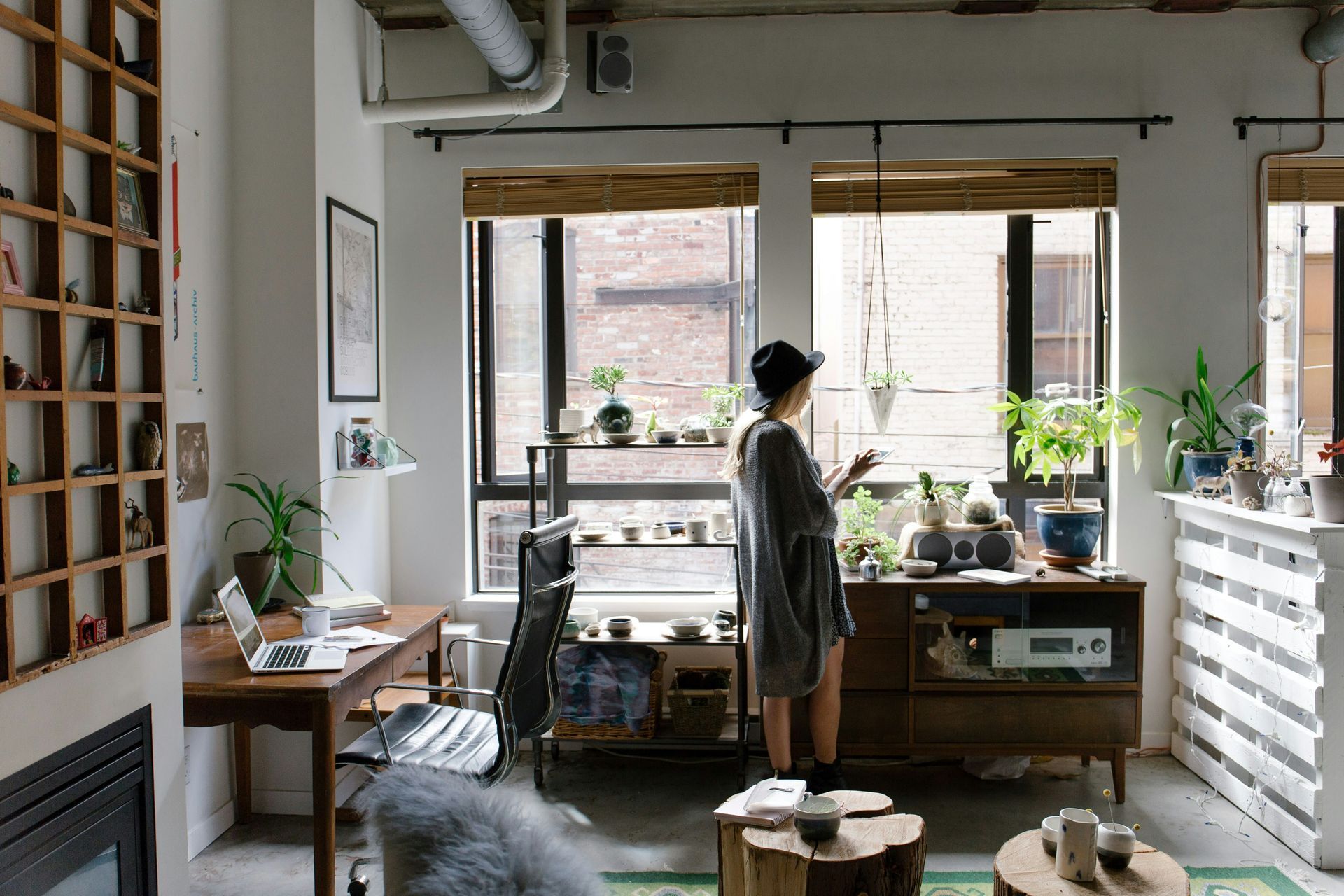Top Features to Look for in a Disability-Friendly Home
This is a subtitle for your new post
When you are looking for a disability-friendly house, accessibility is only half the equation it is independence, security, and simplicity of life. Whether you are on the hunt for NDIS housing, preparing for short term accommodation, or looking into specialist disability housing, knowing the most valuable features to seek out can make all the difference in quality of life.
Here is a look at some essential features that define a well-designed, disability-friendly home.
Step-Free Access and Open Layouts
One of the most basic characteristics of any home that is disability-friendly is step-free access. Ramps or level doors to all entrance doors provide simple access for wheelchair users or those with mobility impairments. Within, open-plan layouts without narrow corridors ensure safer and easier walking.
This is particularly relevant in NDIS accommodation, where houses are planned to have varied needs and offer freedom of movement. Broader doorways and corridors are highlights in short term and permanent accommodation buildings.
Barrier-Free Bathroom and Kitchen Design
Bathrooms and kitchens are often the most difficult rooms in a house for individuals with disabilities. Check for features like
- Roll-in or walk-in showers with grab bars
- Adjustable or low counters
- Non-slip floor coverings
- Faucet lever handles
- Appropriate space for the use of mobility aids
These are included in many specialist disability accommodation providers' facilities to provide more independent living
spaces.
Smart Home Technology
Individual disability support
is made life-changing through technology. Smart lighting, voice assistants, auto doors, and app thermostats make living more comfortable and accessible. Residents can manage more aspects of their environment with these products, especially for high support clients.
In NDIS housing, smart technology is standard, not optional particularly in new homes constructed to High Physical Support or Fully Accessible standards.
Emergency Call Systems
Emergency call systems built into bedrooms, bathrooms, and shared living areas mean assistance is never more than an arm's length away. Living alone or sharing a short stay accommodation, this feature gives residents and families peace of mind.
24/7 monitoring services are also provided by a number of one-off disability support agencies, and can be a lifeline for individuals with medical or mobility disabilities.
Location and Community Access
A disability-friendly home must also provide more than it encompasses. Public transportation, shopping centres, medical facilities, and social amenities must have easy accessibility to ensure social inclusion and independence. The majority of NDIS accommodation providers work very hard to choose homes with easy access in areas with accessible surrounding facilities.
This external access facilitates easy living by residents actively being connected with everyday life, regardless of whether they are residing in specialist disability accommodation
or short-term temporary accommodation.
Individualised Support Options
Disability homes must facilitate individual, customised disability support. This may include adaptive support services, in-home carers, or coordination
with allied health experts. Your home needs to fit in with your individual needs, whether you need help occasionally or on a daily basis.
Flexibility of care is a feature of well-planned NDIS accommodation with care
adapting to evolving needs.
Quality Build and Materials
Low maintenance and durability are key. A good disability-friendly home has high-quality materials that are easy to keep clean, long-lasting, and resistant to wear and tear. The quality of build is paramount in specialist disability housing, especially homes built under the NDIS SDA building codes.
Wrapping Up
A disability-friendly home is more than ramps and rails it is creating an environment that will enhance quality of life, independence, and physical and emotional health.
Whether you are looking for short-term accommodation in Ballarat, investigating NDIS accommodation, or considering longer-term options like specialist disability accommodation, discovering what to look for is crucial.
Most importantly, the best houses are those that accommodate your lifestyle, dreams, and ambitions—providing not just a roof over your head but a place where you can flourish. Contact us
today to learn more about our specialist disability accommodation in Ballarat and its surrounding areas.

Specialist Disability Accommodation (SDA) is a crucial element of the National Disability Insurance Scheme (NDIS) with the purpose of granting individuals with high support needs access to appropriate housing. SDA seeks to provide a safe, accessible, and independent way of life for the specific needs of individuals who have disabilities. Through assistance from NDIS support coordinators, participants have access to housing for people with disabilities that caters to their specific needs while ensuring that they obtain the appropriate degree of individual support for disability. The following are the top five advantages of SDA and how it improves participants' quality of life. Enhanced Accessibility and Safety Specialist disability accommodation is made accessible to allow individuals with disabilities to live comfortably and safely. Such accommodations incorporate features such as: Wheelchair-accessible designs Wider doorways and corridors Automatic doors and lighting Access to bathrooms and kitchens These adjustments not just increase mobility at home but also improve safety since the risk of accidents is reduced. NDIS support coordinators collaborate with participants to identify places that meet their individualised needs, a place where they feel safe and supported. Increased Independence and Quality of Life One of the core objectives of SDA is to make individuals more independent. By offering specially designed homes with support systems and assistive technology, SDA makes it easier for residents to perform daily activities without too much dependency on others. NDIS supported independent living allows participants to enjoy customised help without compromising on lifestyle control. Cooking, cleaning, or even social life – SDA housing encourages independence and a feeling of self-reliance. Access to Individual Disability Support SDA provides residents with the appropriate amount of individual disability support to meet their needs. This can involve: 24/7 onsite support Personal care assistance Therapy and rehabilitation services Social and community participation support Access to customised support enables people to navigate their day-to-day lives, enhance social relations, and lead a better life. Disability housing through NDIS provides participants not only with accommodation but also with services they need to have a productive life. Stable and Long-Term Housing Option For people with high support needs, stable and long-term housing might be difficult to find. SDA offers a sustainable option through the provision of long-term housing that is intended to meet the changing needs of individuals with disabilities. SDA homes are constructed to be flexible, allowing residents to remain comfortable even as their support needs change with time. Under the direction of NDIS support coordinators, participants can obtain accommodation that offers stability, minimising the stress and uncertainty of constant relocations. Increased Social Inclusion and Community Engagement Residing in an SDA-approved housing allows one to be more actively involved in their community. Most SDA housing estates are situated close to necessary services, public transport, and community centres to promote social interaction. Shared housing facilities also enable one to reside with peers who share similar interests, building friendships and social relationships. NDIS supported independent living promotes participation in leisure and community activities, making residents feel more integrated and appreciated in society. Wrapping Up Specialist Disability Accommodation (SDA) is important in enhancing the lives of individuals with high support needs through safe, accessible, and comfortable disability housing. With the assistance of NDIS support coordinators , participants have access to a home that encourages independence, stability, and community inclusion. Moreover, individual disability support ensures that every resident gets the care they deserve while still being allowed independence. If you or someone you love is seeking disability housing in Ballarat , contact us today to discuss housing options specifically designed to meet your specific needs.








